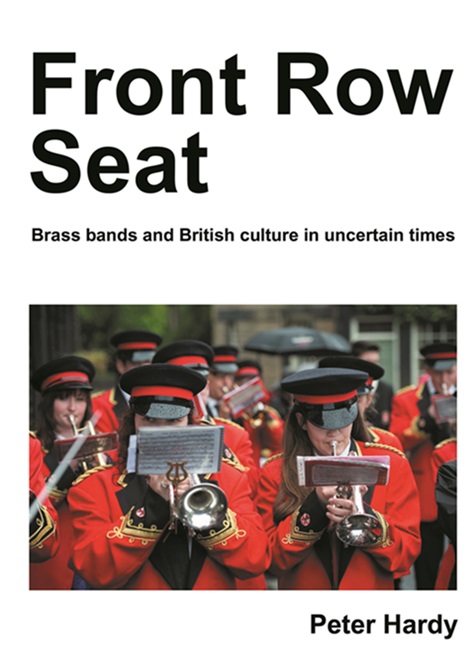

These really are uncertain times for the future of the British brass banding movement.
Well into the third decade of the 21st century it remains an amorphous body struggling to link together its structural activities. Riddled by a distrust of communal ambition and paralysed by nostalgia, good practice and organisational vision continues to be hampered by parochialism.
Cause and effect
In his lucid examination of its cause and effect, author Peter Hardy lacks neither ambition or innovative outlook - mixing cold facts and forensic research with warm hearted fictional metaphor and broad emotion.
Much like the group of twenty-five painters and decorators in Robert Tressell’s ‘Ragged Trousered Philanthropists’, Hardy uses the players of the fictitious Upperthong Band to illustrate his multi-faceted examination - both witty and serious.
He quotes William Blake to back his idiosyncratic approach: “…to see a world withing a grain of sand”.
Much like the group of twenty-five painters and decorators in Robert Tressell’s ‘Ragged Trousered Philanthropists’, Hardy uses the players of the fictitious Upperthong Band to illustrate his multi-faceted examination - both witty and serious.
Balancing act
It makes for a clever, if occasionally complex literary balancing act – at one point appreciating the psychological cultural-historical activity theory of Lev Vygotsky through the symbolic lens of Grimethorpe Colliery Band playing ‘Knight Templar' on the Whit Friday march contests.
The focus is not misplaced though. Hardy has taken the time to peer, poke and ponder beneath the seemingly impenetrable layers of nostalgia and ‘heritage’ that for far too long have suffocated the oxygenated life blood outlook of British banding.
The more you delve through the seemingly obscure layers of reference (from George Orwell and Will Hutton to Trevor Herbert and Arthur Taylor) the more defined become the elements of his findings and arguments – both political and cultural.
What is fictionally stereotypical of Upperthong is in fact an expose of what Tressell himself achieved in referencing the reality arising from the unwillingness to initiate lasting change.
The more you delve through the seemingly obscure layers of reference (from George Orwell and Will Hutton to Trevor Herbert and Arthur Taylor) the more defined become the elements of his findings and arguments – both political and cultural.
Reinforced conclusions
His conclusions reinforce what we already know but are perhaps still unwilling to accept.
Unless banding initiates its own far-reaching changes, the direction as well as pace of political thinking and cultural travel will see organised community brass banding become increasingly isolated – a niche heritage relic rather than a vibrant contemporary musical activity.
Orwell called Tressell’s book one “everyone should read”.
If you are concerned about the future of the British brass banding movement in these uncertain times, Peter Hardy’s book is one too.
Iwan Fox
To purchase: https://hillsideharmonies.com/









